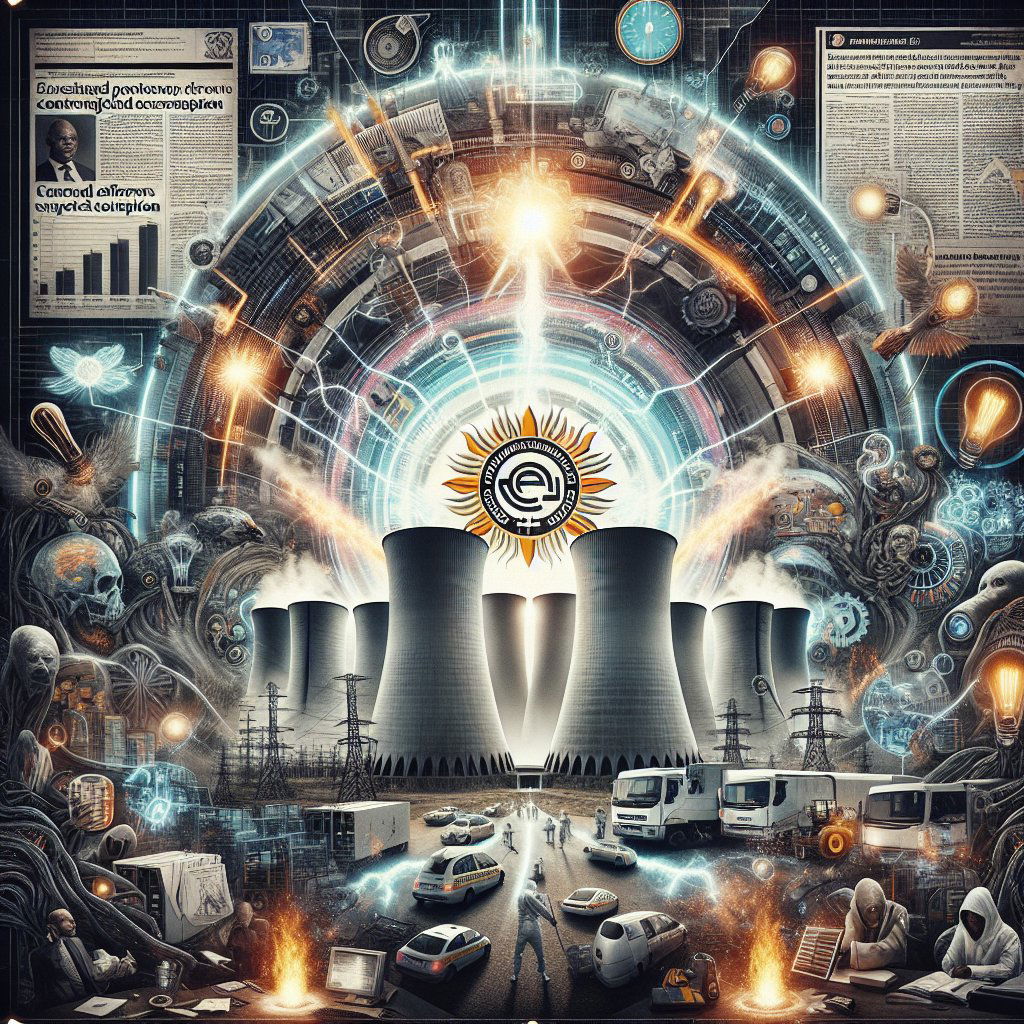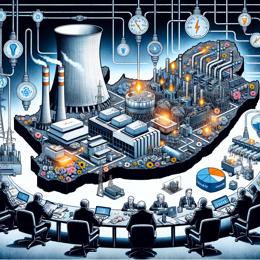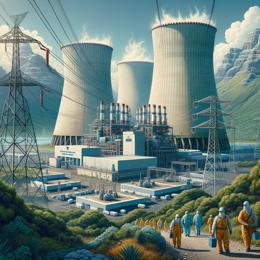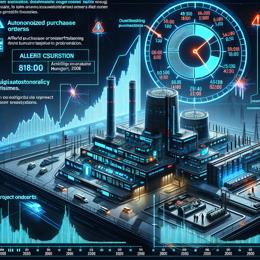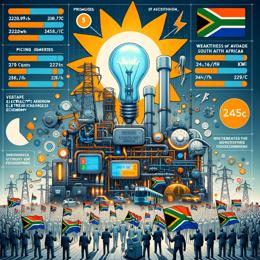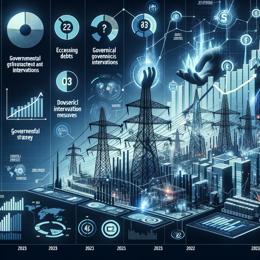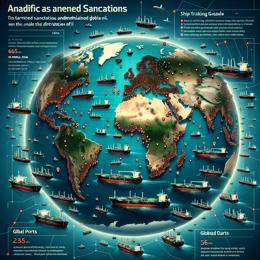Image created by AI
NERSA Clarifies Stance Amid Allegations of Tariff Mismanagement by Senior Official
In a rapidly evolving dispute that has struck at the heart of South Africa's energy sector, the National Energy Regulator of South Africa (NERSA) finds itself amidst turmoil following contentious allegations from one of its top officials. Nhlanhla Gumede, who is at the helm of electricity regulation within NERSA, has openly condemned the regulator's tariff escalation strategy for the state-owned power utility, Eskom.
NERSA, which holds the substantive authority to determine the rates Eskom is allowed to charge for electricity, has presided over an unprecedented six-fold increase in electricity prices over the past 15 years. This massive surge has drawn intense scrutiny, given the already strained economic conditions affecting South African consumers and businesses alike.
On the 25th of August, in a candid interview with the Johannesburg-based Sunday Times newspaper, Gumede attributed this pricing predicament to what he described as an "inappropriate pricing methodology" that hinges on legislation that is woefully out of date. His claim suggested that NERSA's approach had failed to judiciously consider the interest triad comprising Eskom, its consumers, and the broader energy supply industry.
The spotlight on these issues was accentuated by Gumede's assertion that the tariff hikes have inadvertently led consumers to shell out for severe missteps by Eskom – particularly spotlighting the construction of the latest coal-fired power plant whose costs skyrocketed amid a combination of mismanagement and allegations of corruption.
However, in a stern rebuttal issued on a Wednesday statement, NERSA unequivocally distanced itself from Gumede's comments, asserting that the views he shared represent his personal opinions and not those of the regulator. According to NERSA, Gumede's insights did not reflect the official stance or decisions made by the energy authority.
This public disavowal by NERSA arrives at a critical moment, as Eskom has recently moved forward with applications for additional tariff increases for the 2025-26, 2026-27, and 2027-28 financial years. These proposed escalations are now under review, poised to go through a meticulous regulatory compliance assessment. Subsequently, they will be made available for public discourse – offering a platform for consumers and stakeholders to voice their sentiments on a subject that has become an ever-increasing concern for the nation at large.
The struggle to reconcile with the spiral of energy costs remains at the forefront of national discourse, as South African citizens and industries seek a resolve that equitably manages the delicate balance between sustainable energy provision and economic feasibility. As NERSA contests internal dissonance and reinforces its regulatory decisions, the country eyes the path ahead with the hope for a transparent and judicious resolution to the energy pricing saga.
